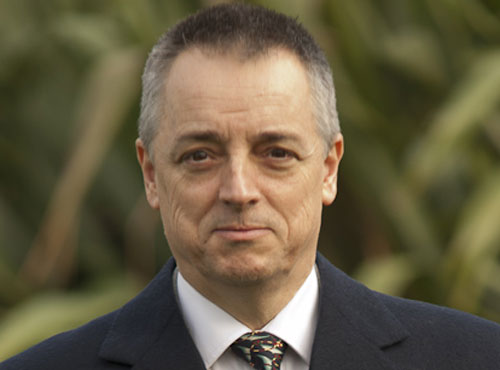Blog
Blog: Co-ordinating your wealth portfolio

Sufficient wealth for ‘independence’ often involves investing in deposits, money markets, bonds and equities, one’s own property and business – how does one co-ordinate all these?
Standing in a supermarket queue today I greeted an acquaintance who was about to develop a 20 home site. We talked about people and money and he suggested that in view of the difficult state of ‘the market’, his elderly mother might just as well invest her £200,000 into a rental property on the coast which he thought could provide £12,000 p.a. Privately, I thought the solution was right only in limited circumstances.
The technique of designing a portfolio for an individual is rarely written about in the UK. It might even appear to be playing with numbers amidst such a cacophony of change that the results become meaningless. But as any lecturer on statistics will tell you, ‘we don’t know the next action, but we can tell you the trend and likelihood’, and therefore it is reasonable to build a personal model of each person with life-like variances built in, and expect it to provide useful results. For my friend’s mother, we need to know the answer to the question “how likely is that we will need money for long term care?” (about one in three) because that determines how liquid her investment must be.
If we have to borrow money, we need to know how likely it is that interest rates will rise, and as the Financial Conduct Authority is requiring from our financial institutions, individuals need to prepare their risk tolerance analysis. In our case, that would be, “if interest rates double, how likely is that, and what effect does it have upon her income.” We want to know the trends for rental yields for holiday property in that part of the country: and about her preferences, knowledge and skills. How willing is she is to put in time to find and manage the property? Or will she employ agents (property agents often halve the resulting yield). The value of a model with personal assumptions built in is that one can set it running to discover the best combination of yield-producing investments – some being certain, some variable – which gives her the highest total income to spend during a lifetime. The results often differ by £4,000 p.a. for £1m invested in assets and pensions.
If there was a demand for this type of professional report in the UK, it would cost about £250. However the perception of regulation in the last few decades has been that ‘best advice’ rules – despite the fact this was never a rule and the current ‘suitability’ standard falls far short. Today, that expectation is unravelling, but instead of turning to professionals to ‘do it for them’, people now demand to retain control. Consequently training to make these decisions is gathering headway, either through YouTube videos, iTunes downloads or personal weekend courses.
Rob Noble-Warren, an author, award-winning asset manager and chartered tax adviser, is writing in YourMoney.com for high net worth investors who like making their own decisions, and find that investing directly gives them more choice, less charges and more customisation. e: rob.warren@iwm.eu.com
